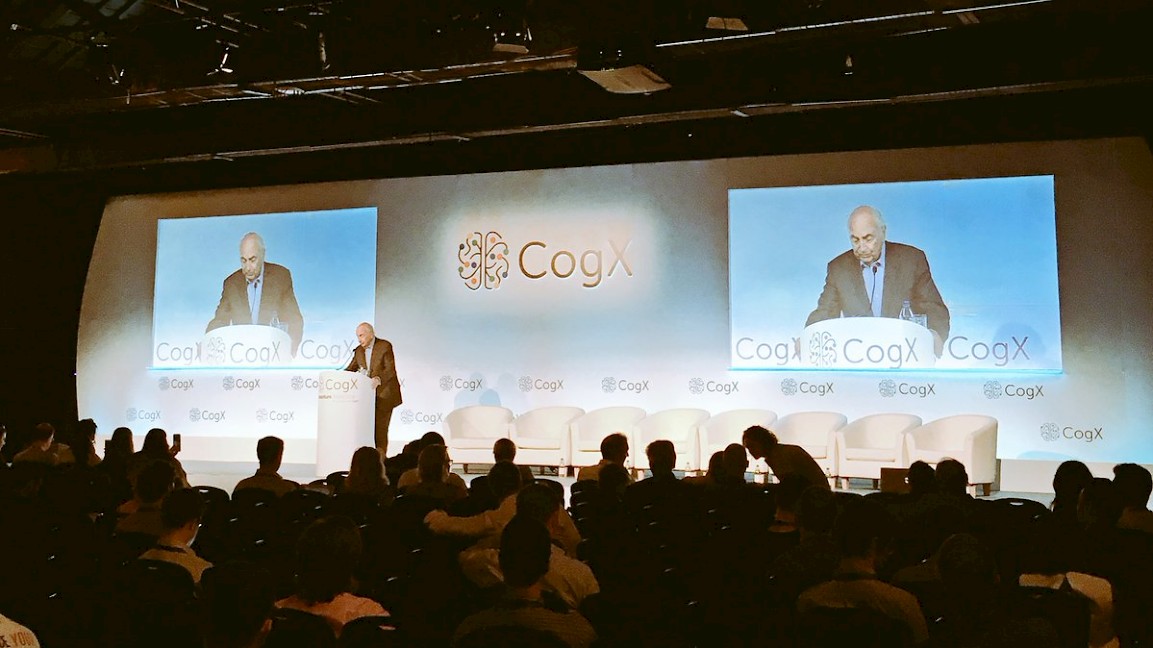Pages tagged: Robots
9 items:
David J. Gunkel (PhD) is an award-winning educator, scholar and author, specializing in ethics of emerging technology. Formally educated in philosophy and media studies, his teaching and research synthesize the hype of high-technology with the rigor and insight of contemporary critical analysis. He is the author of over 80 scholarly journal articles and book chapters, has published 12 influential books, lectured and delivered award-winning papers throughout North and South America and Europe, is the managing editor and co-founder of the International Journal of Žižek Studies and co-editor of the Indiana University Press series in Digital Game Studies. He currently holds the position of Professor in the Department of Communication at Northern Illinois University (USA), and his teaching has been recognized with numerous awards, including NIU's Excellence in Undergraduate Teaching and the prestigious Presidential Teaching Professorship.
David recently wrote the book Robot Rights.
Bertram F. Malle is Professor of Cognitive, Linguistic, and Psychological Sciences and Co-Director of the Humanity-Centered Robotics Initiative at Brown University. Trained in psychology, philosophy, and linguistics at the University of Graz, Austria, he received his Ph.D. in psychology from Stanford University in 1995. He received the Society of Experimental Social Psychology Outstanding Dissertation award in 1995, a National Science Foundation (NSF) CAREER award in 1997, and he is past president of the Society of Philosophy and Psychology. Malle’s research, focuses on social cognition, moral psychology, and human-robot interaction. He has distributed his work in 150 scientific publications and several books. His lab page is http://research.clps.brown.edu/SocCogSci.
Kate Devlin Senior Lecturer in Social and Cultural Artificial Intelligence at King's College London. Her research in Human-Computer Interaction and Artificial Intelligence investigates how people interact with and react to technologies, both past and future. She is the author of Turned On: Science, Sex and Robots (Bloomsbury, 2018), which examines the ethical and social implications of technology and intimacy.
She tweets far too often as @drkatedevlin
Derek Leben is Associate Professor of Philosophy at the University of Pittsburgh, Johnstown. He works at the intersection of ethics, cognitive science, and emerging technologies. In his new book, Ethics for Robots, Leben argues for the use of a particular moral framework for designing autonomous systems based on the Contractarianism of John Rawls. He also demonstrates how this framework can be productively applied to autonomous vehicles, medical technologies, and weapons systems. Follow on Twitter: @EthicsForRobots.
Michael Anderson, professor emeritus of computer science at the University of Hartford, earned his Ph.D. in computer science and engineering at the University of Connecticut. Susan Leigh Anderson, professor emerita of philosophy at the University of Connecticut, earned her Ph.D. in philosophy at the University of California, Los Angeles. They have been instrumental in establishing machine ethics as a bona fide field of study, co-chairing/authoring the AAAI Fall 2005 Symposium on Machine Ethics, a IEEE Intelligent Systems special issue on machine ethics, and an invited article for Artificial Intelligence Magazine on the topic. Further, their research in machine ethics was selected for Innovative Applications of Artificial Intelligence as an emerging application in 2006. Scientific American (Oct. 2010) features an invited article on their research in which the first robot whose behavior is guided by an ethical principle is debuted. They have published "Machine Ethics" with Cambridge University Press (2011).
UWE Professor of Robot Ethics - Engineer, roboethicist and pro-feminist. Interested in robots as working models of life, evolution, intelligence and culture.
Links:
Alan's blog
EPSC principles of robotics
Robotics: A Very Short Introduction
https://venturebeat.com/2017/07/05/how-ai-will-change-the-way-we-live/

Will robots take our jobs? When will driverless cars become the norm? How is Industry 4.0 transforming manufacturing? These were just some of the issues addressed at CogX in London last month. Held in association with The Alan Turing Institute, CogX 17 was an event bringing together thought leaders across more than 20 industries and domains to address the impact of artificial intelligence on society. To round off the proceedings, a prestigious panel of judges recognized some of the best contributions to innovation in AI in an awards ceremony
Rob Wortham is currently undertaking a Computer Science PhD at the University of Bath researching autonomous robotics, with a focus on domestic applications and ethical considerations. How does human natural intelligence (NI) interact with AI, and how do we make the behaviour of these systems more understandable? What are the risks and benefits of AI, and how can we maximise the benefit to society, whilst minimising the risks? I am interested in real world AI for real world problems.
Previously Founder and CFO of RWA Ltd, a major international company developing IT systems for the leisure travel industry.
Dr Joanna J Bryson Reader at University of Bath, and Affiliate, Center for Information Technology Policy at Princeton University. Artificial & Natural Intelligence; Cognition, Culture, & Society; AI Ethics, Safety, & Policy.

